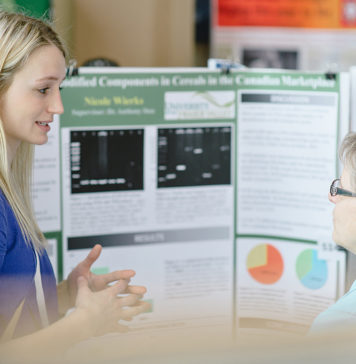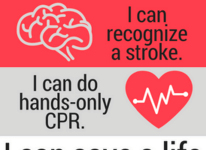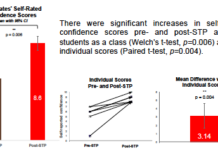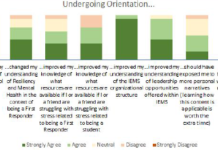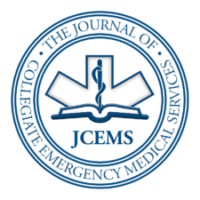Cardiac Health and Stroke Awareness Month (CHASAM)
Massachusetts Institute of Technology (MIT) EMS designed a non-certification learning opportunity for students who have not previously sought out CPR training. MIT EMS’s creation of an annual Cardiac Health and Stroke Awareness Month (CHASAM), piloted in 2016 and repeated in 2017, substantially increased the number of trained bystanders from a diverse selection of residential communities.
Feasibility of Asynchronous Learning in Collegiate EMS
Brown University EMS implemented a novel BLS Supervisor Training Program. Using asynchronous learning, Brown sought to optimize training time by promoting self-learning off-shift and outside of traditional didactic models using small-group, problem-based learning and online modules.
Piloting an Online New Member Orientation Program
Illini EMS created and implemented an online Orientation course for new members. Using a combination of original and adapted videos followed by a quiz, this self-paced program teaches and assesses the basics of topics including bleeding control, organizational structure, team dynamics, and First Responder mental health in under an hour.



